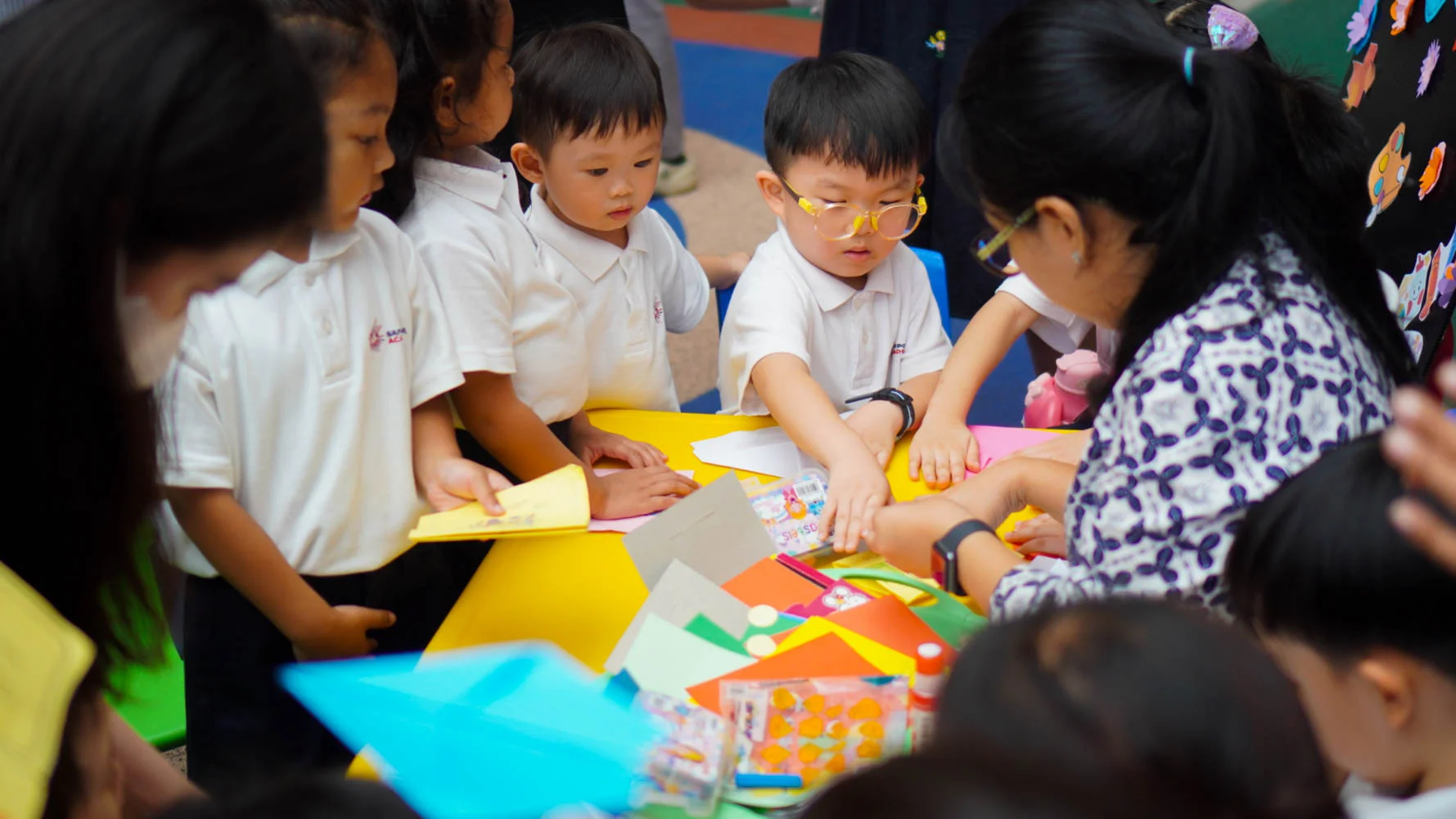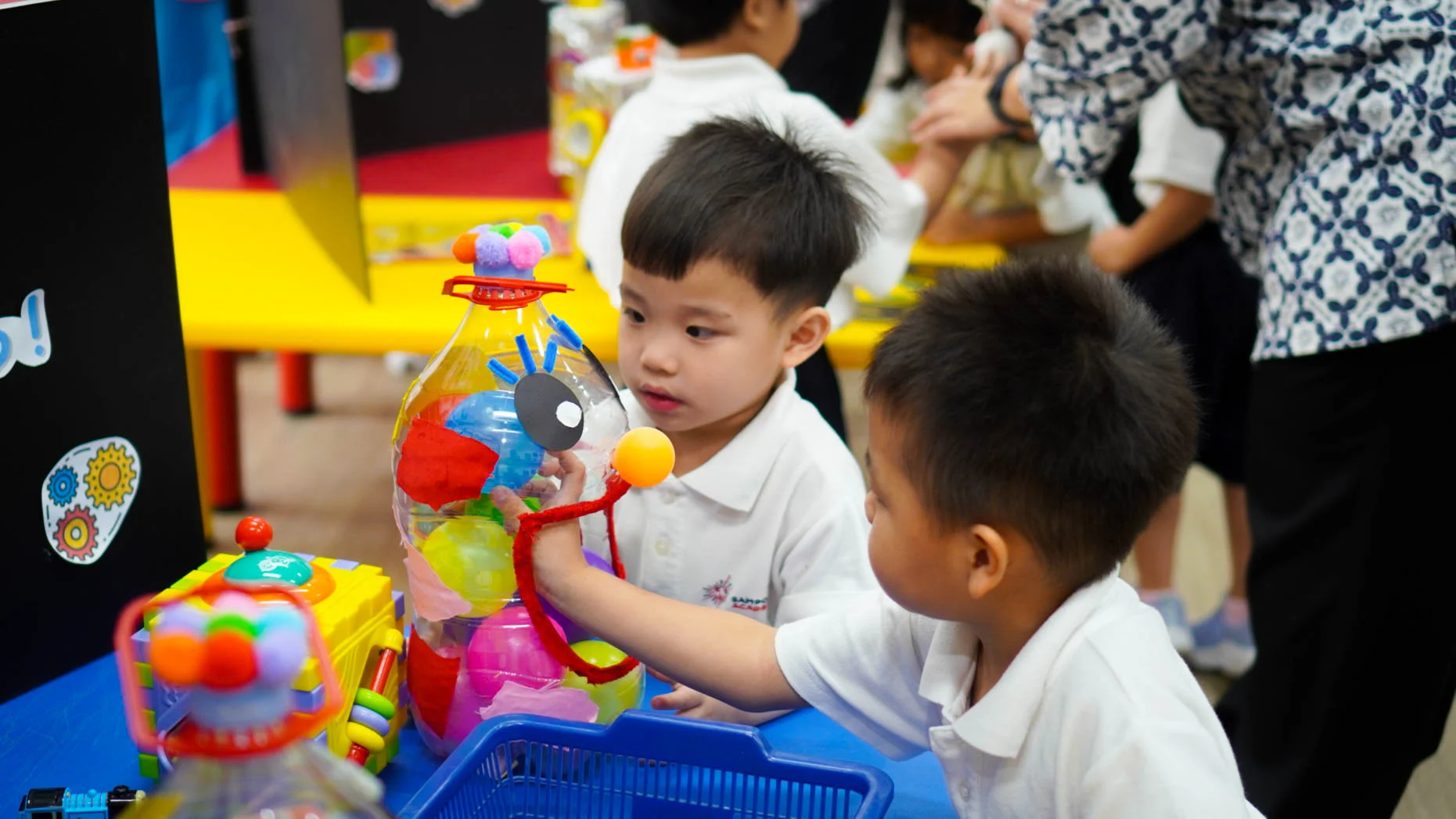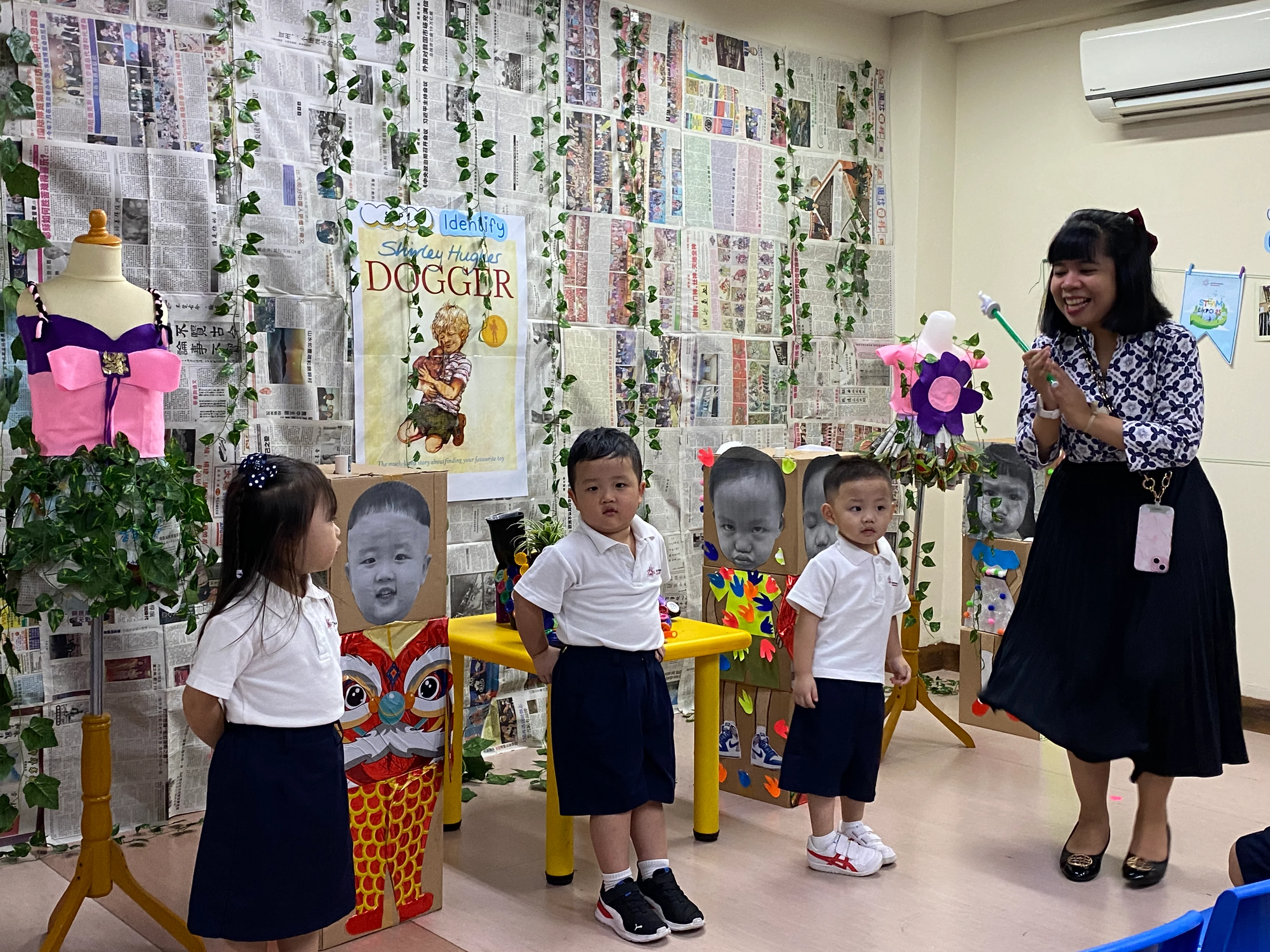Math activities for preschoolers play a crucial role in developing their foundational mathematical skills while making learning fun and engaging. The preschool math curriculum is designed to introduce young children to foundational mathematical concepts in a playful and engaging manner.
The curriculum focuses on developing essential math skills and building a solid mathematical foundation. It typically includes activities and experiences that promote number recognition, counting, sorting, shape recognition, measurement, pattern recognition, and problem-solving.
Children learn to recognize numbers and count objects to develop one-to-one correspondence and an understanding of quantity. They use sorting and classifying activities to build skills in identifying patterns and making comparisons based on attributes like color, shape, or size.
Preschoolers are introduced to basic shapes and their properties, which helps them build spatial awareness and positional concepts. Measurement activities using non-standard units allow them to explore length, height, weight, and volume. Pattern recognition activities help children recognize and create patterns using colors, shapes, or objects.
Problem-solving activities encourage critical thinking, logical reasoning, and finding solutions through exploration. Preschool math curriculum aims to create a positive attitude toward math and provide a solid foundation for further mathematical learning.
Engaging preschoolers in playful math activities can make learning enjoyable and help develop their mathematical skills. Sho this are seven active math activities for preschoolers:Read Also: Character Education in Early Childhood
1. Shape Hunt
Go on a shape hunt around the house or classroom. Encourage children to find and identify different shapes in their environment, such as circles (clocks, wheels) or squares (windows, picture frames). This activity helps develop shape recognition skills.2. Number Hopscotch
Create a hopscotch grid with numbers instead of shapes. Children can hop from number to number, calling out the numbers as they land on them. This activity reinforces number recognition and counting skills.3. Counting with Toys
Encourage children to count their toys or objects in a fun way. They can line up their toys and count them individually or group them and count how many are in each group. This activity develops counting skills and one-to-one correspondence.4. Pattern Art
Provide children with colored blocks or stickers and ask them to create patterns on paper. For example, they can make an ABAB pattern (blue, red, blue, red) or an ABCABC pattern (blue, green, red, blue, green, red). This activity promotes pattern recognition and creativity.5. Measurement with Nature
Take children on a nature walk and ask them to collect objects of different sizes, such as leaves or rocks. Back in the classroom, they can arrange the things from smallest to largest or use them to measure the length of a line. This activity introduces measurement concepts and comparison skills.6. Counting Rhymes
Teach counting through fun rhymes or songs. Use familiar tunes like "Twinkle, Twinkle, Little Star" and replace the lyrics with counting sequences. This activity reinforces counting skills and helps children memorize number sequences.7. Math Storytime
Incorporate math into Storytime by reading books that involve counting, shapes, or patterns. After reading the story, engage children in discussions or activities related to the mathematical concepts presented in the book. This activity connects math to everyday experiences and encourages critical thinking. These playful math activities foster a positive attitude toward math while developing essential mathematical skills enjoyably.Must Read: Influencing the Future of Education with Sampoerna Academy


